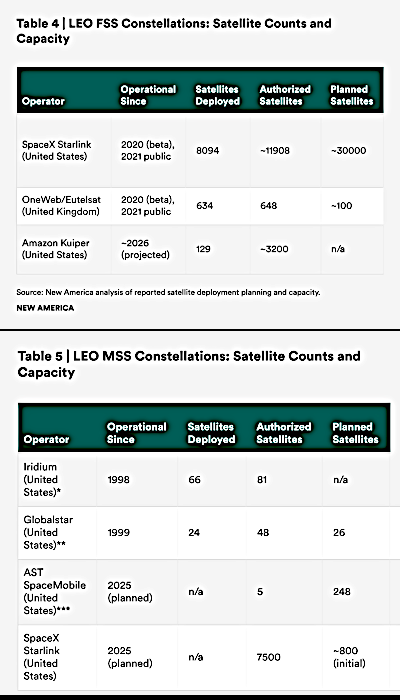The beat goes on: There were three launches globally today, repeating a pattern we’ve seen several times in the past few weeks, with China completing one launch and SpaceX completing two.
First, China’s solid-fueled Kinetica-1 (Lijian-1) rocket placed three Pakistani satellites into orbit, one of which is what Pakistan’s state-run press claimed was its first multi-spectral environmental satellite. China’s press also provided no information about where Kinetica-1’s lower stages crashed inside China, having launched from its Jiuquan spaceport in the country’s northwest. The rocket itself is supposedly commercial, but it is built by a government agency, the Chinese Academy of Sciences, and the government state-run press illustrated this by making no mention of this agency in reporting the launch.
Next, SpaceX set a new record for the reuse of a Falcon 9 first stage in placing 28 Starlink satellites into orbit, the rocket lifting off from Cape Canaveral in Florida. The first stage, B1067, completed its 31st flight, a new record for a Falcon 9 first stage, landing on a drone ship in the Atlantic. The updated rankings for the most reflights of a rocket:
39 Discovery space shuttle
33 Atlantis space shuttle
31 Falcon 9 booster B1067
29 Falcon 9 booster B1071
28 Columbia space shuttle
28 Falcon 9 booster B1063
27 Falcon 9 booster B1069
Sources here and here.
Finally, less than two hours later, SpaceX launched another 28 Starlink satellites, its Falcon 9 rocket lifting off from Vandenberg Space Force Base in California. The first stage completed its 11th flight, landing on a drone ship in the Pacific.
With these two launches, SpaceX has now placed more than 10,000 Starlink satellites into orbit, though a large percentage have been de-orbited over the years as the company has upgraded the satellites. Nonetheless, the number of Starlink satellites presently in orbit far exceeds all the satellites now in orbit for every other planned constellation, combined.
The leaders in the 2025 launch race:
135 SpaceX
63 China
13 Russia
13 Rocket Lab
SpaceX now leads the rest of the world in successful launches, 135 to 104.
In the coming days the global rocket industry will also achieve a number of additional milestones. SpaceX is just two launches short of its record of 137 launches achieved last year, while the U.S. is just three launches short of its own record of 157 launches, also set last year. Similarly, China is just three launches short of its own record of 66 set in 2023.
Globally, the world has presently completed 239 successful launches in 2025, a number only exceeded by the 2024 record of 256. Expect this record also to fall before the end of the year.

